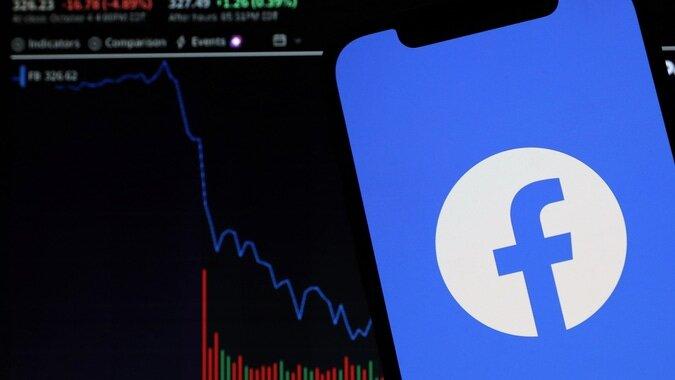For people in the U.S., the internet brings many things: memes, cute animal videos, unrealistic body standards, etc. But for people in developing countries, Facebook is the heart of internet use. While Americans lost their ability to view racist rants from relatives on Monday when Facebook went down for almost six hours, many other countries basically lost their Google.
It’s so easy to think of Facebook as an American institution as it was started in America by a Harvard student. However, Monday’s blackout proves Facebook is not just an American monopoly.
This is made clear by the Wallstreet Journal stating, “More than 90% of monthly users are now outside the U.S. and Canada” and, “Nearly all of Facebook’s new users are coming from developing countries, where Facebook is the main online communication channel and source of news.”
Though Americans have other options for social media, Facebook has set itself up as the website in other countries. Facebook has demonstrated monopolistic tendencies in the U.S. and has established itself as a monopoly abroad.
Mark Zuckerberg wrote in a public post on Facebook on Tuesday, “The deeper concern with an outage like this isn’t how many people switch to competitive services or how much money we lose, but what it means for the people who rely on our services to communicate with loved ones, run their businesses, or support their communities.”
While Zuckerberg talks about how communities were affected, there is no acknowledgment of how this blackout was truly devastating to those who rely on it most.
Meanwhile, in the US, Facebook and Instagram offer Facebook Marketplace and Instagram Shop, which no other social media sites have been able to replicate. How long until an established competitor, like Twitter, decides to go the same route and buy up smaller companies to further establish dominance? What laws are in place to stop these monopolies?
In July, the Biden Administration announced an executive order that set out to limit big corporate mergers. However, since it’s an executive order and really only offers guidelines for the Federal Trade Commission, it’s only so effective, especially because it cannot stop deals that have already happened, like the Facebook-Instagram merge.
This puts a burden on the FTC to find evidence which proves big companies monopolize. In August, the FTC amended a complaint against Facebook that was first brought up in 2020. So far nothing else has come from the FTC’s claim from an August press release that Facebook “is a monopolist that abused its excessive market power to eliminate threats to its dominance.”
Unfortunately, blackouts that take out three major sites are just the tip of how unchecked companies can put the consumer at a disadvantage.
The Wallstreet Journal, in an expose on Facebook, found evidence of many problems, from favoring celebrities to harming young girls’ self-esteem to not cracking down hard enough on criminal activities, the latter of which happened primarily in developing countries.
Many may argue that Facebook does more harm than good, however, it is clear that at this point the site isn’t going anywhere anytime soon. Even if everyone in America were to stop using Facebook’s products, they would still have a chokehold on developing nations.
It’s not a matter of shutting down the company, but one of figuring out how to rein them in. The problem started in America, and the solution needs to start from American legislation and scrutiny. At the very least, Facebook needs to be held more accountable.



































